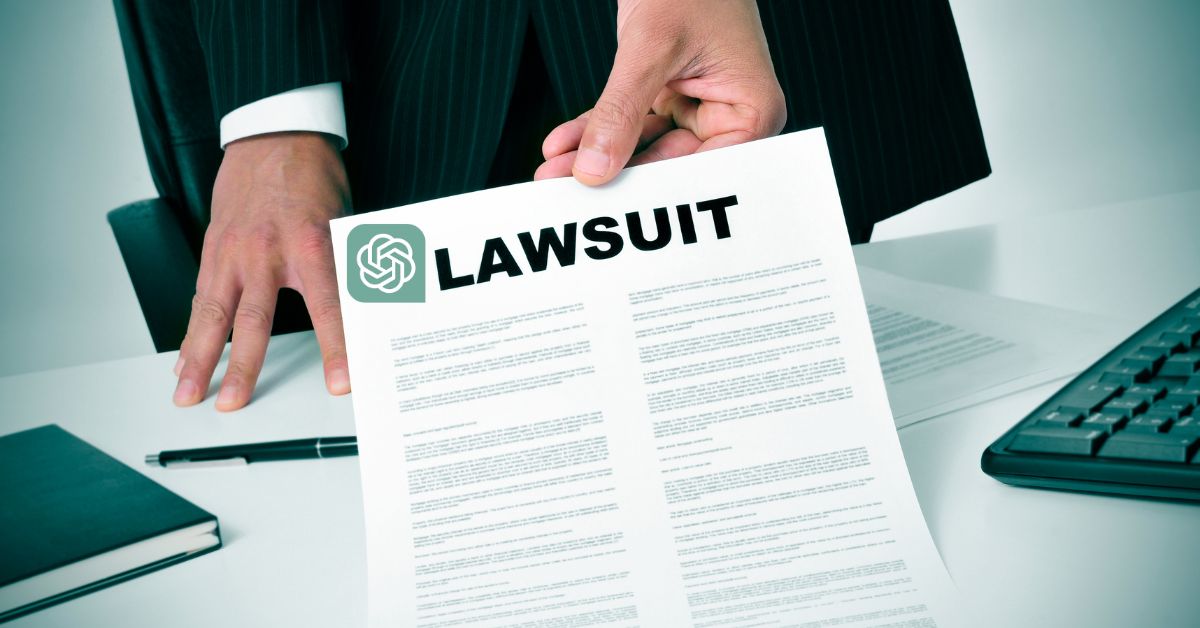OpenAI Faces Lawsuit for Illegally Using Internet Content to Train AI

A class action lawsuit has been filed against OpenAI, accusing the company of data theft and violating privacy and copyright laws. The suit claims that OpenAI illegally used content from the internet to train its language models without obtaining consent from content creators.
Silent Scraping of Personal Information
OpenAI’s data acquisition practices involved scraping a massive amount of information, including 300 billion words, from various internet sources. This data collection process included personal information obtained without consent, further raising concerns about privacy violations.
Implications for Individuals
Individuals who have shared digital content online may have unknowingly contributed to OpenAI’s language models. The lawsuit highlights the possibility that fragments of personal data were incorporated into OpenAI’s models, potentially compromising the privacy of individuals and their intellectual property rights.
Legal Perspectives and Challenges
The outcome of the case remains uncertain due to the complexities of online content ownership and usage. Online platforms typically have terms and agreements that grant them broad licenses to use user-generated content. This raises challenges for individuals seeking compensation for the use of their data in training AI models.
Read Also : 100000+ Best ChatGPT Prompts
Conclusion:
The class action lawsuit against OpenAI sheds light on the privacy and copyright concerns associated with the company’s data acquisition practices. It raises important questions about consent, data ownership, and the ethical use of internet content. The outcome of this lawsuit will have significant implications for AI developers, highlighting the need for clearer regulations and guidelines to protect individuals’ rights in the digital age. As the legal proceedings unfold, it will be interesting to see how this case shapes the future of data usage in AI training.

